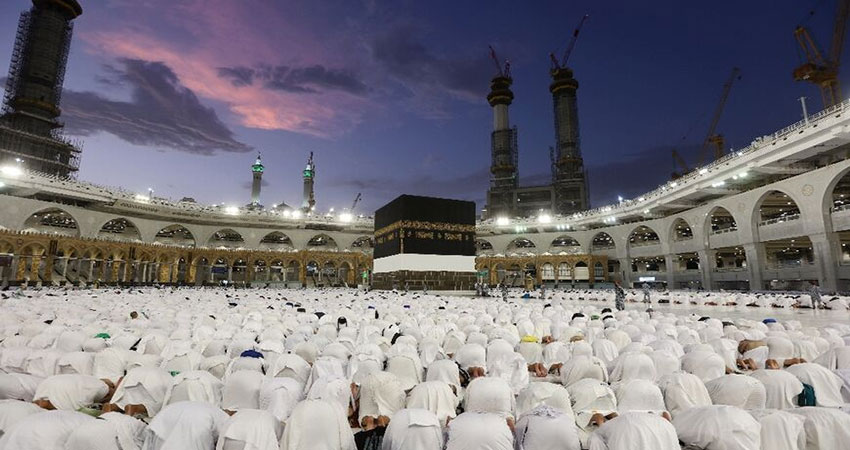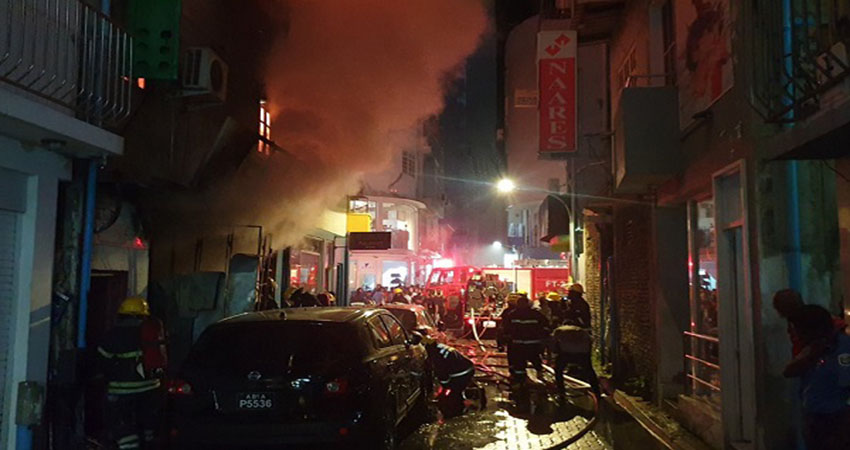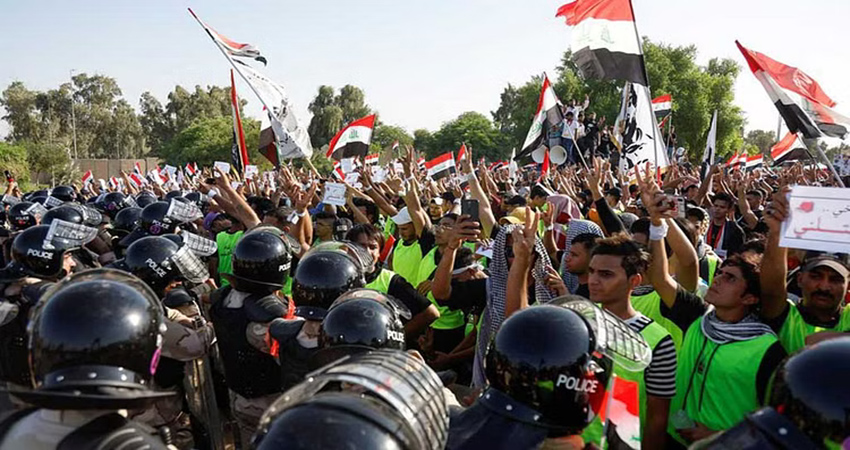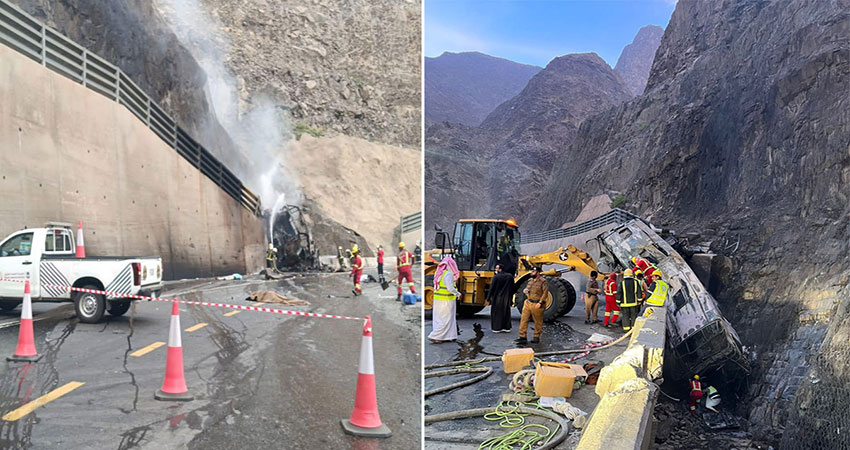Enormous crowds of worshippers thronged Mecca, Islam's holiest city, on Friday for the biggest hajj pilgrimage in years, with more than two million expected to brave the scorching Saudi Arabian heat.
Pilgrims in white robes and sandals packed the ancient city, now dotted with luxury hotels and air-conditioned shopping malls, after flooding in on planes, buses and trains for the annual rites.
Rites include circling the Kaaba, the large black cube in Mecca's Grand Mosque, praying on Mount Arafat and "stoning the devil" by throwing pebbles at three giant concrete walls representing Satan.
More than two million people from more than 160 countries will attend, Rabiah said -- a dramatic increase on the 926,000 from last year, when numbers were capped at one million post-pandemic.
In 2019, about 2.5 million people took part. Only 10,000 were allowed in 2020, at the height of the Covid-19 pandemic, rising to nearly 59,000 a year later.
The hajj is among the five pillars of Islam and must be undertaken by all Muslims with the means at least once in their lives.
Travellers from around the world have been pouring into Jeddah's modernised airport, some of them using streamlined visa services to disembark from planes straight onto buses to their accommodation.
Some 24,000 buses will be in service to ferry the pilgrims, as well as 17 trains capable of moving 72,000 people every hour, officials said.
This hajj will be the biggest since the requirement for women to be accompanied by male guardians was dropped in 2021.
This year, the maximum age limit has also been scrapped, meaning thousands of elderly will be among those contending with Saudi summer temperatures that are expected to reach 44 degrees Celsius (111 Fahrenheit).
The hajj rituals begin late Sunday at the Grand Mosque in Mecca. The worshippers will sleep in tents on Monday night and spend Tuesday at Mount Arafat, the climax of the hajj, where the Prophet Mohammed is believed to have delivered his final sermon.
After casting pebbles in the "stoning of the devil" ritual on Wednesday, marking the start of the Eid al-Adha holiday, pilgrims return to Mecca to perform a farewell "tawaf" -- circling seven times around the Kaaba.
This year's summer timing for the hajj, which follows the lunar calendar, will test the endurance of worshippers during the four-day, mostly outdoor ritual.
More than 32,000 health workers will be on hand to help fend off heatstroke, dehydration and exhaustion.
But severe weather is just one of the risks at an event that has been hit by deadly incidents from stampedes to militant attacks.
Ahead of the hajj, security forces held a military parade in Mecca, including soldiers in full camouflage holding automatic weapons.



















